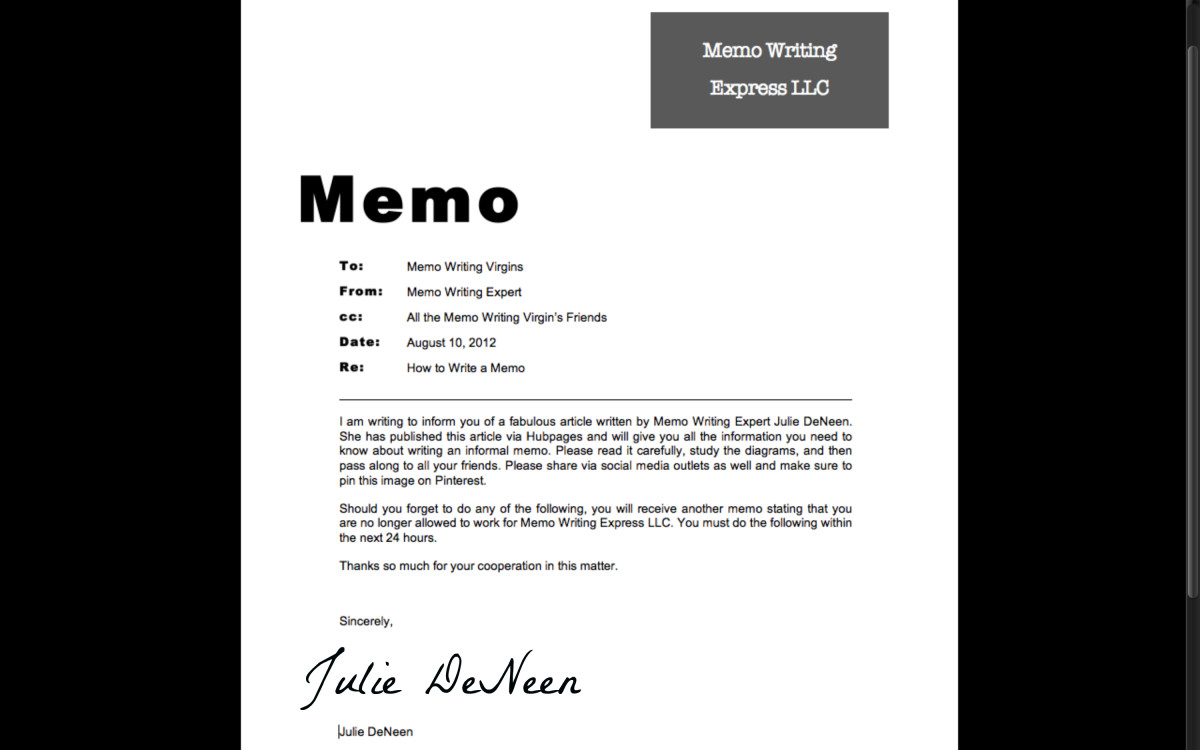Silly Annoying Grammatical Errors

You're and Your
This is probably the most annoying of all grammatical errors. It is also, the most prevalent error seen in articles and forums. It is difficult to imagine that someone who fashions him/herself as a writer would not know the difference between these two words.
It is simple grammar 101. You're is a contraction. A contraction is the shortening of a word, syllable, or word group by omission of internal letters. Hence You're is actually a contraction of the two words You + Are. The "a" is simply dropped and an apostrophe is added. The space between the two words is also removed. Writers should always ask themselves if they are saying "You Are" before using the term You're.
On the other hand...
Your can never be substituted for You're(you are). It is defined below:
YOUR— (determiner)
1. of, belonging to, or associated with you.
examples: your nose ; your house ; your first taste of freedom
2. belonging to or associated with an unspecified person or people in general.
examples: the path is on your left heading north ; this lotion is for your head only

To and Too
This is another common careless, or ignorant, mistake that writers commit. It seems that this mistake is one of just sheer ignorance in most cases. So to stop committing this sloppy error, it should be viewed as follows:
To is a part of speech called infinitive, or preposition. It is defined as follows:
TO–(preposition)
1. (used for expressing motion or direction toward a point, person, place, or thing approached and reached, as opposed to from )
example: They came to the house.
If To is used before certain verbs, it is a part of the infinitive, such as-To Do, To Be.
example: To know me is to love me.
........but
TO is not TOO, and can never be substituted in its place.
Too is an adverb that can be broken down as follows:
TOO (tuː) — (adv)
1. as well; in addition; also
example: can I come too?
2. in or to an excessive degree; more than a fitting or desirable amount
example: I have too many things to do
Notice in the last example sentence, both the adverb too and the infinitive to do is used.

DEFINITELY!
Why is it that so many people find it difficult to spell the word definitely, correctly?
Definitely is one of the most misspelled words in the English language, yet it is a relatively simple term. I will give some pointers on how to correctly spell this easy word, because with just some very minor adjustments this mistake can be easily corrected.
First, the list of wrong ways to spell definitely consists of some of the following:
definately, definatly, definantly, definetly, definently, difinately
These words are close to the correct spelling, but lack the effort to close the deal. That is what is missing, the effort. It doesn't take much more effort to get it right.
A Simple Exercise
Let's begin with this premise. Before trying to spell the word "definitely", one should, first, learn to spell the word it derives from. That word is "definite."
The next step is just too simple. All one needs to do is add "ly" to the word "definite" to spell the word "definite-ly" correctly. It is that simple. However, the effort to remember this simple exercise is what is lacking in writers who continue to misspell this easy word.
DEFINITE-LY!









